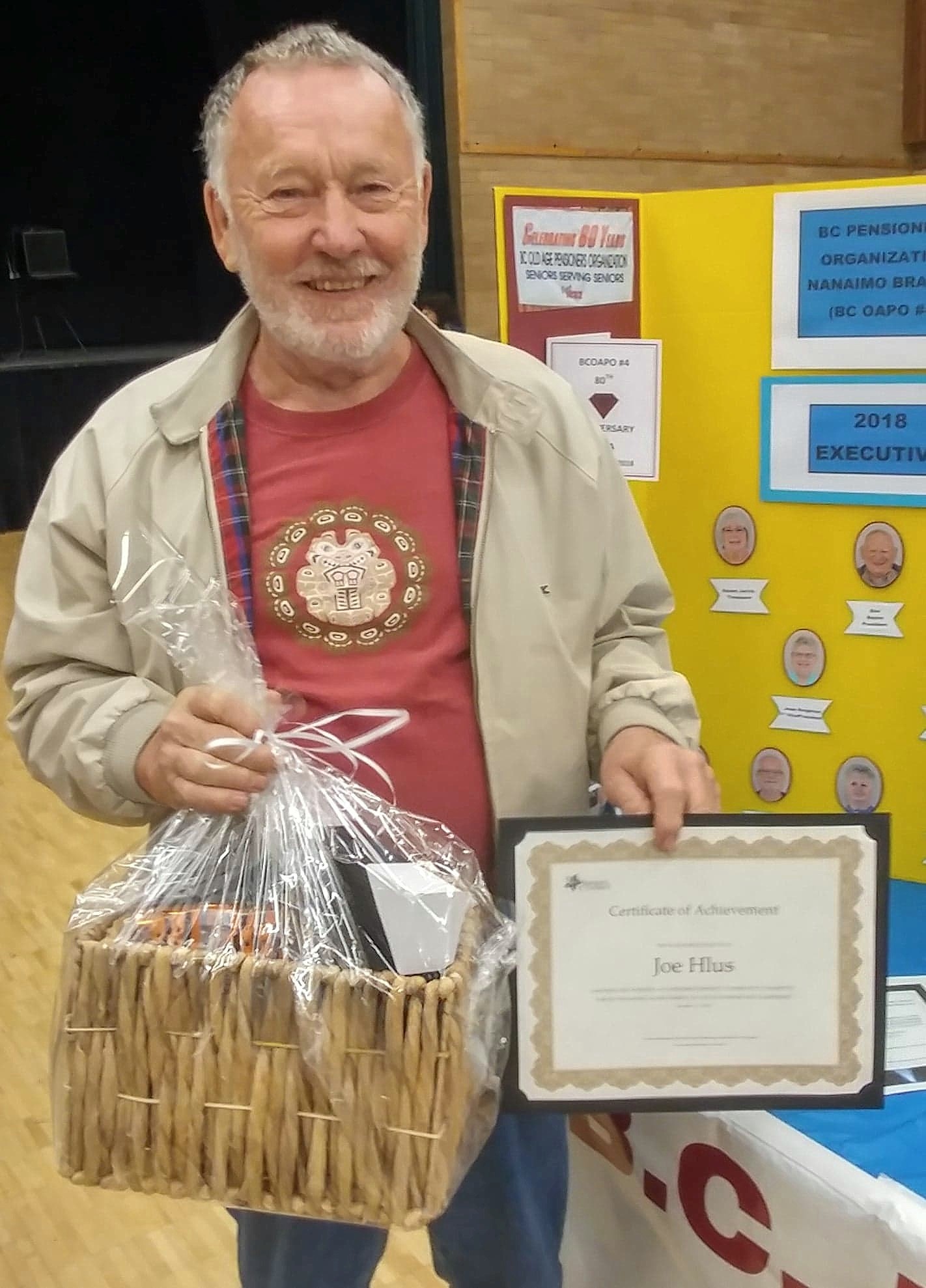The BC Old Age Pensioner’s Organization was instituted in 1932 and incorporated in 1937. It declared itself to be “non-political” and “non-sectarian,” with non-political meaning non-partisan.
The purposes of the British Columbia Old Age Pensioners’ Organization are to promote and defend the best interests of the senior citizens of British Columbia. Specifically, this includes protection of social programs attained over the years, such as pensions, medicare, pharmacare, social activities, and housing, and their enhancement, if possible from erosion by any level of government.
The society, in pursuing these objectives, bases itself on democratic principles and shall be non-partisan with its ranks open to all seniors, regardless of race, religion, sexual orientation, or political belief.
Believing that in unity there is strength and that seniors will be more effective if we speak with one voice, the society will co-operate with seniors and other groups in B.C and Canada in pursuit of our common concerns.
Today’s senior citizens made their contribution to building our country. We firmly believe that Canada can afford and must provide an adequate measure of security to its seniors to enable them to live their years in reasonable comfort. The main battles waged by OAPO were over the application of the means test for old age pensioners. Political activity was carried out at all levels, as follows:
- Putting pressure on all levels of government
- Opposing unjust actions of the pension boards
- Successfully using the newspapers and enlisting the support of other organizations
- Aligning with trade unions, fraternal organizations, and churches.
From the beginning, the OAPO had a solicitor who donated his services. The OAPO offered to take up “all cases of members who had been unjustly treated” by the pension board. In 1932, the OAPO presented its first petition to the Provincial Legislature. It was directed at federal pension legislation and called for an end to the calculation of fictitious income from adult children. Copies of the petition were sent to all towns in BC. The target was 20,000 signatures. The aim was that pension regulations should be applied in such a way as to include the largest number possible under its benefits. Here it ran into direct conflict with the provincial politicians of the day, whose aim was to include the least number under the benefits by limiting it to those who were destitute. The OAPO said that the qualifications for pensions should be Canadian citizenship and residence in Canada. The OAPO fought for pensioners and non-pensioners as well. The OAPO also fought to improve the OAP Act itself, to reduce the eligible age from 70 to 65 and to increase the pension benefit so that it at least met subsistence needs of the elderly. The OAPO also campaigned for a national pension in place of a provincial pension.
Today, we still campaign for all seniors and at the last convention we passed a total of 35 provincial and federal resolutions. Letters were written to all relevant ministers and the Opposition critics, providing them with copies of the resolutions. As responses are received, they are entered into a spreadsheet and copied to the branch that submitted the resolution, who informs their membership of the outcome of their resolution.
In 2012 at the convention celebrating their organization’s 80th anniversary, delegates voted to modify the name to “British Columbia Pensioners’ and Seniors’ Organization” while maintaining the registration as a society as “British Columbia Old Age Pensioner’s Organization.”
The annual convention is held the third week in June each year. The table officers are elected at that time.
The Province is divided into regions, and each region elects a director to represent it on the Provincial Board. The Provincial Board meets quarterly.
There are at present 34 branches in British Columbia. Each branch designs its own programs and activities within the parameters of the constitution. Each branch is encouraged to submit resolutions to be considered at the annual convention.
